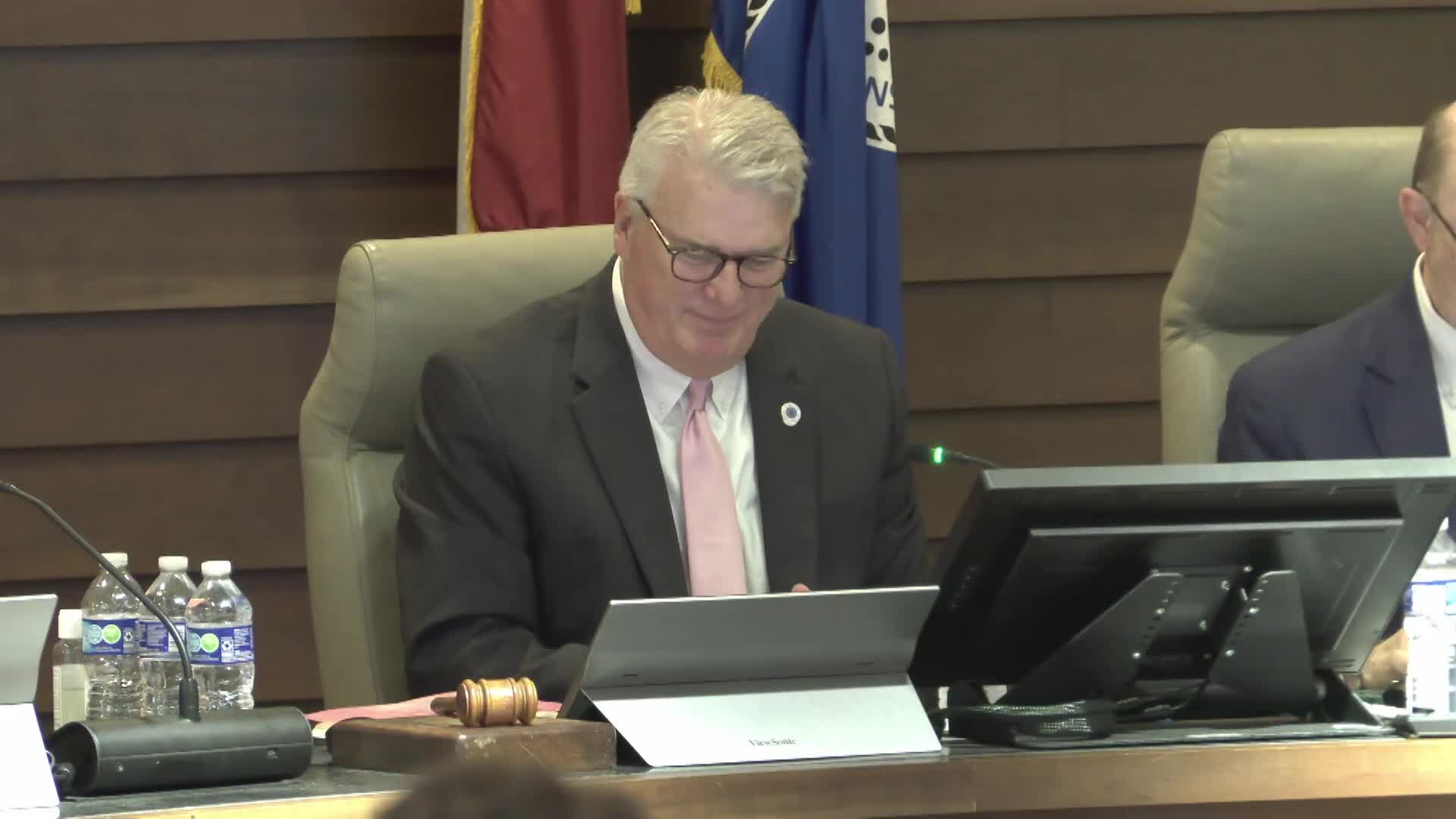Mayor’s reentry commission publishes SIM mapping findings, sets housing and crisis-response priorities
Get AI-powered insights, summaries, and transcripts
Subscribe
Summary
The mayor’s commission on reentry reported results from a sequential intercept mapping workshop identifying housing, data sharing, crisis response and workforce as top priorities; commission members and agency leads described short-term actions and subcommittees to pursue system coordination.
Columbus’ mayoral commission on reentry on Oct. 14 presented findings from a Sequential Intercept Mapping (SIM) workshop that mapped where people with behavioral needs encounter the local justice system and recommended four priority areas to reduce recidivism.
The commission, which hosted a May workshop through the GAINS Center funded by SAMHSA, said the exercise surfaced strengths — specialty courts and peer-support programs — and gaps in housing options, real-time data coordination, crisis-response capacity and behavioral health workforce retention.
“We want to reduce recidivism and support successful reintegration for individuals returning from incarceration,” said Kristen Barker, vice president for workforce at the Georgia Center for Opportunity and chair of the mayor’s commission on reentry. Barker told council the SIM process examined intercept points where people may first become justice-involved and helped the commission identify where diversion and earlier intervention would be most effective.
The commission described four priority workgroups and short-term actions: - Housing: led by Pat Frey of Home for Good, the housing subcommittee recommended mapping current inventory, exploring supportive housing for people “who don’t need hospitalization,” and incentives for landlords. “The 1 who got the highest amount of votes as the top is the top priority was emergency housing and long term housing solutions for those with the most need,” Frey said. - Data coordination: led by Reggie Lewis, co-founder of Cure Violence, the team recommended creating a data collaborative with lead agencies, a universal release of information that meets HIPAA standards and real-time platforms showing available treatment beds and housing openings. Lewis said, “By showing the entire picture, we can come up with better strategies and solutions that will help us to to really be effective in addressing the needs of our community.” - Crisis response: Anne Riley, regional services administrator for the Department of Behavioral Health and Developmental Disabilities, said short-term actions include expanding crisis intervention and providing mental-health first aid training for law enforcement, EMS and fire personnel; longer-term goals include regional stabilization centers and 24/7 co-responder coverage. “We’re really starting to target more on prevention at that level,” Riley said. - Workforce: the workforce subcommittee, which will focus on recruitment, retention and training pipelines for clinicians and peer specialists, proposed quick steps such as mental-health career fairs, posting openings on local job boards and coordinated training with DBHDD and the National Alliance on Mental Illness.
Barker said 45 people representing 34 agencies participated in the SIM workshop; the commission has formed subcommittees for each priority and plans to report back to council with action items and requests for resources when needed. The commission noted some promising local assets — specialty courts, crisis-trained law enforcement, peer support — but said the community’s capacity to coordinate data and scale crisis services remains limited.
Commission members said next steps include subcommittee workplans, a landlord engagement strategy for supportive housing, formation of a data-sharing governance structure and efforts to identify short-term grant funds for expanded crisis stabilization beds.
